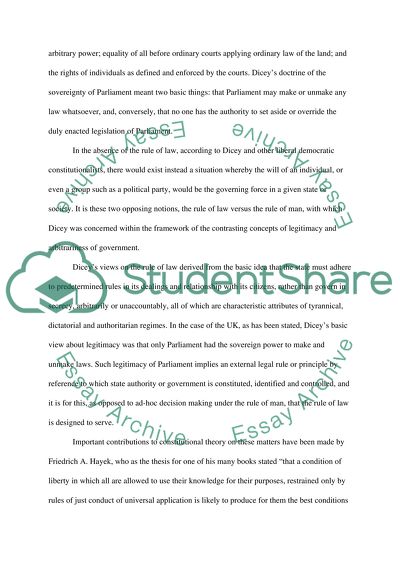Cite this document
(“PUBLIC LAW Book Report/Review Example | Topics and Well Written Essays - 1500 words”, n.d.)
Retrieved from https://studentshare.org/law/1522777-public-law-book-reportreview
Retrieved from https://studentshare.org/law/1522777-public-law-book-reportreview
(PUBLIC LAW Book Report/Review Example | Topics and Well Written Essays - 1500 Words)
https://studentshare.org/law/1522777-public-law-book-reportreview.
https://studentshare.org/law/1522777-public-law-book-reportreview.
“PUBLIC LAW Book Report/Review Example | Topics and Well Written Essays - 1500 Words”, n.d. https://studentshare.org/law/1522777-public-law-book-reportreview.


